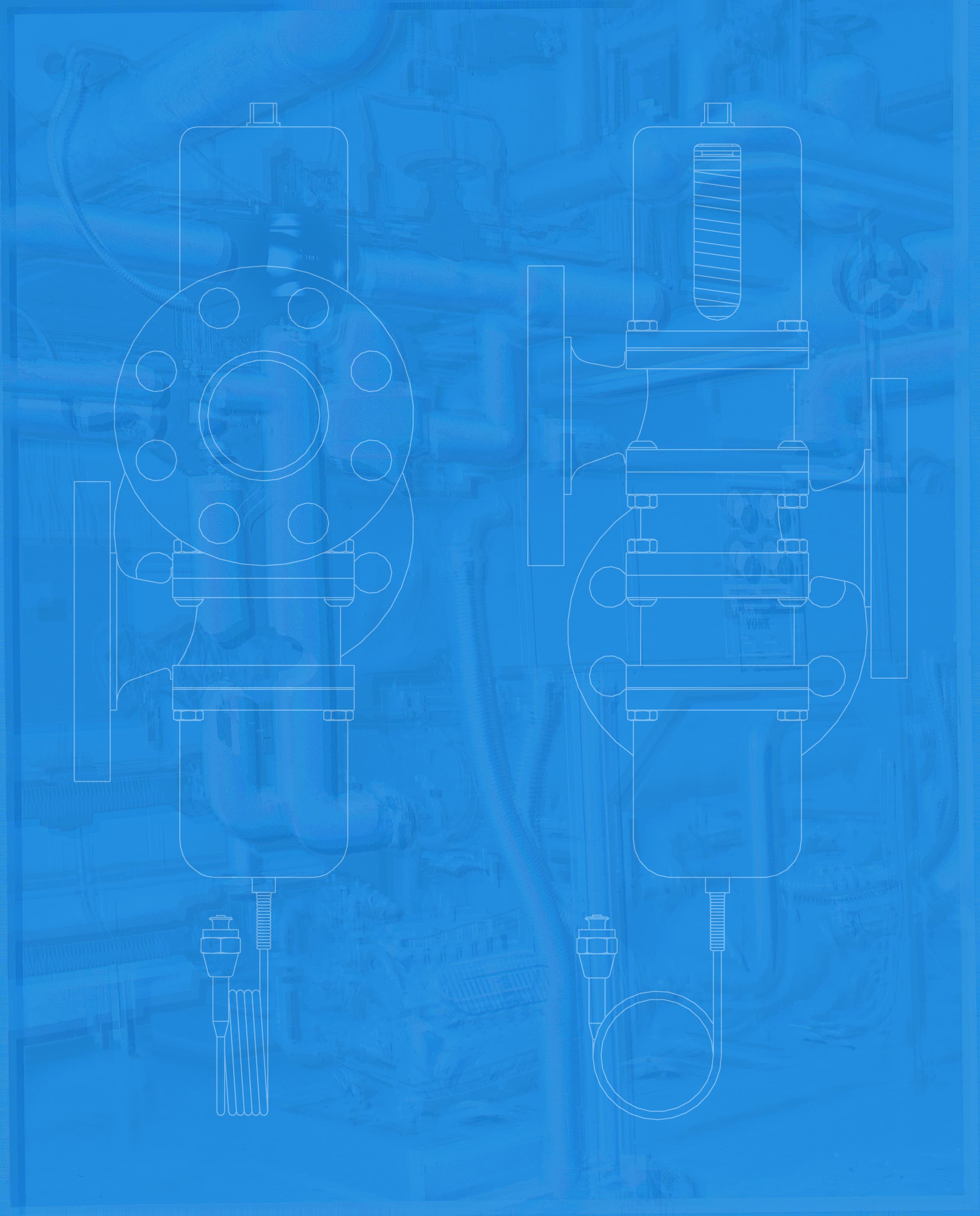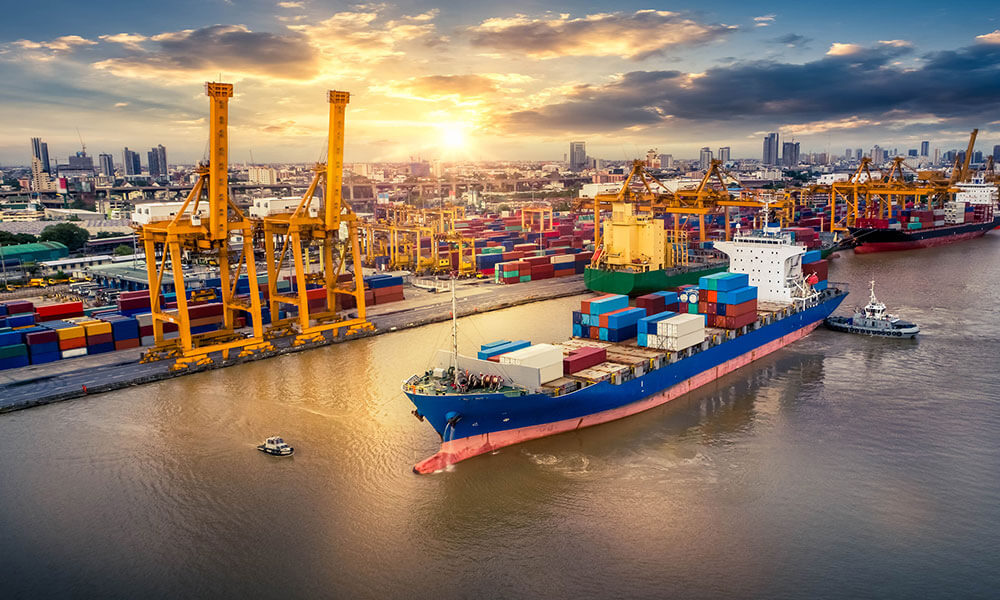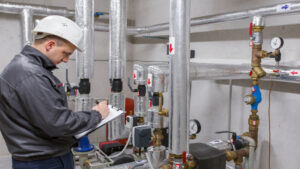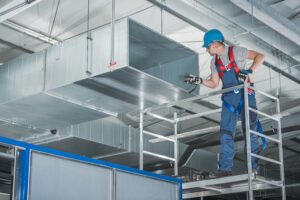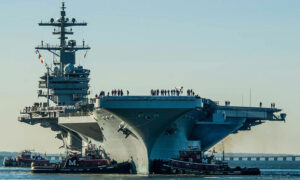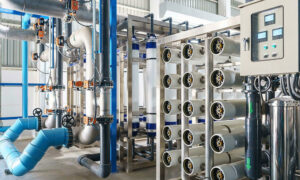Despite the coronavirus pandemic, shipyards across the U.S. and the world are busy building new boats. The global shipbuilding market size is projected to reach USD 179,750 million by 2026, from USD 128,890 million in 2020. The Ship Building industry is anticipated to expand over the five years, on the back of steady growth in federal funding for defense in the United States and demand for energy industry-related vessels. A holistic picture of the market shows strategic moves over the past few years, including investments in product innovation and precise partnership decisions, that enable growth despite the global pandemic.
Foundation of Shipbuilding
Shipbuilding is the construction of ships and other floating vessels, which normally takes place in a specialized shipyard facility. Shipbuilders, also called shipwrights, follow a specialized occupation that traces its roots to before recorded history. Shipyard activities include ship construction, repair, conversion and alteration; the production of prefabricated ship and barge sections; and specialized services, such as ship scaling. The shipbuilding industry is comprised of operators that design, build and repair ships and other vessels for both the defense and commercial sectors.
Shipbuilding and the Coronavirus Pandemic
When the pandemic started in China, the shipbuilding industry shifted to other countries including the U.S., especially in the field of repair. Commercial and military customers are contracting for new tugs, towboats, barges and other vessels. Despite the pandemic, some shipyards are projecting a 50% growth in capacity in just one year.
Commercial Ships
A significant driver of the commercial shipbuilding market is the mounting use of automation to reduce human errors and risks. The modification and formulation of marine safety regulations in several countries are creating opportunities which will increase the demand for the commercial shipbuilding market. The commercial shipbuilding market includes cargo ships, tankers, fishing boats, special purpose ships, and passenger ships. Cruise lines which were initially hit hard by the coronavirus pandemic and related travel restrictions, are now rebounding. For example, Holland America just launched a new cruise ship, the Rotterdam, which is set to take its first trip in summer 2021.
Navy Defense Contracts
In addition to supplying commercial shipping, Metrex provides the US Navy with qualified self-contained and electric actuated valves primarily for use in seawater heat exchange control. Metrex defense contracts highlight the highest quality standards in the manufacturing process and in years of rugged reliable service. This too is a growing industry. In September, Defense Secretary Mark Esper called for increased spending on shipbuilding including construction of a larger submarine force.
Accountable for the majority of revenue, the US Navy buys ships only from domestic shipyards. This guarantees industry players access to the largest military ship market in the world. Changes to the defense budget are the key determinant of industry revenue. Large US naval outlays benefited industry operators over the five years to 2020, stimulating revenue growth.
Metrex’ extensive product line of military qualified marine service HVAC valves continue to deliver complete self-contained, self-powered and self-regulating refrigerant pressure actuated valve solutions as well as precision microprocessor controlled electric actuated valves. Both pressure and electric actuation type valves provide precision flow control for optimum HVAC chiller or process control. Our reliable, seawater-resistant valve solutions deliver precise flow control over a wide variety of load and seawater temperatures. Metrex valves offer optimized lift vs Cv opening characteristics for optimum, stable performance even at difficult high turn-down ratios. Metrex’ electric actuated qualified valves include both Electro-Hydraulic linear Globe Style Actuators and ¼ turn Electric Rotary Style Actuators.
For over 60 years, Metrex has designed and manufactured innovative valves: pressure actuators, thermostatic actuators, HVAC water regulators, electric actuators, and seawater condenser regulators. We look forward to continuing to serve this growing industry. To learn more about our valves or request a quote, contact us here. We look forward to working together with you for your valve application needs.

